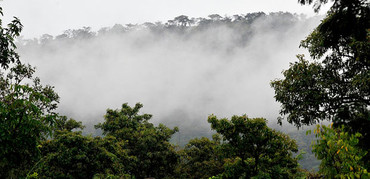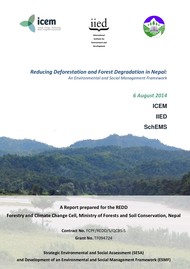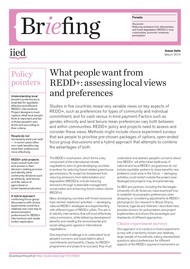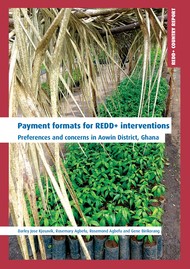Local preferences for REDD+ payment formats in Brazil, The Bolsa Floresta Programme, RDS Rio Negro
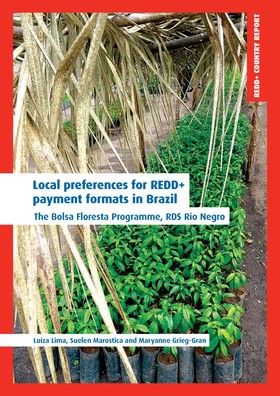
Poverty and sustainable development impacts of REDD architecture is a multi-country project led by the International Institute for Environment and Development (IIED, UK) and the Norwegian University of Life Sciences (Aas, Norway). The project aims to increase understanding of how different options for REDD+ design and policy at international, national and sub-national level will affect achievement of greenhouse gas emission reduction and co-benefits of sustainable development and poverty reduction.
As countries develop national REDD+ strategies, pilot projects are taking place. One of the key challenges that these pilot projects face is how to ensure that the benefits package offered to local communities in return for their commitments to forest stewardship matches their preferences, while still being realistic in terms of cost.
The objective of the field research that this study draws together was to understand how people perceive the costs and benefits of the Bolsa Floresta Program, one of the largest REDD+ pilot projects in the world. It explores people's preferences for changes in the design of the programme and its distribution of the benefits between different components.
Cite this publication
Available at https://www.iied.org/g03765
